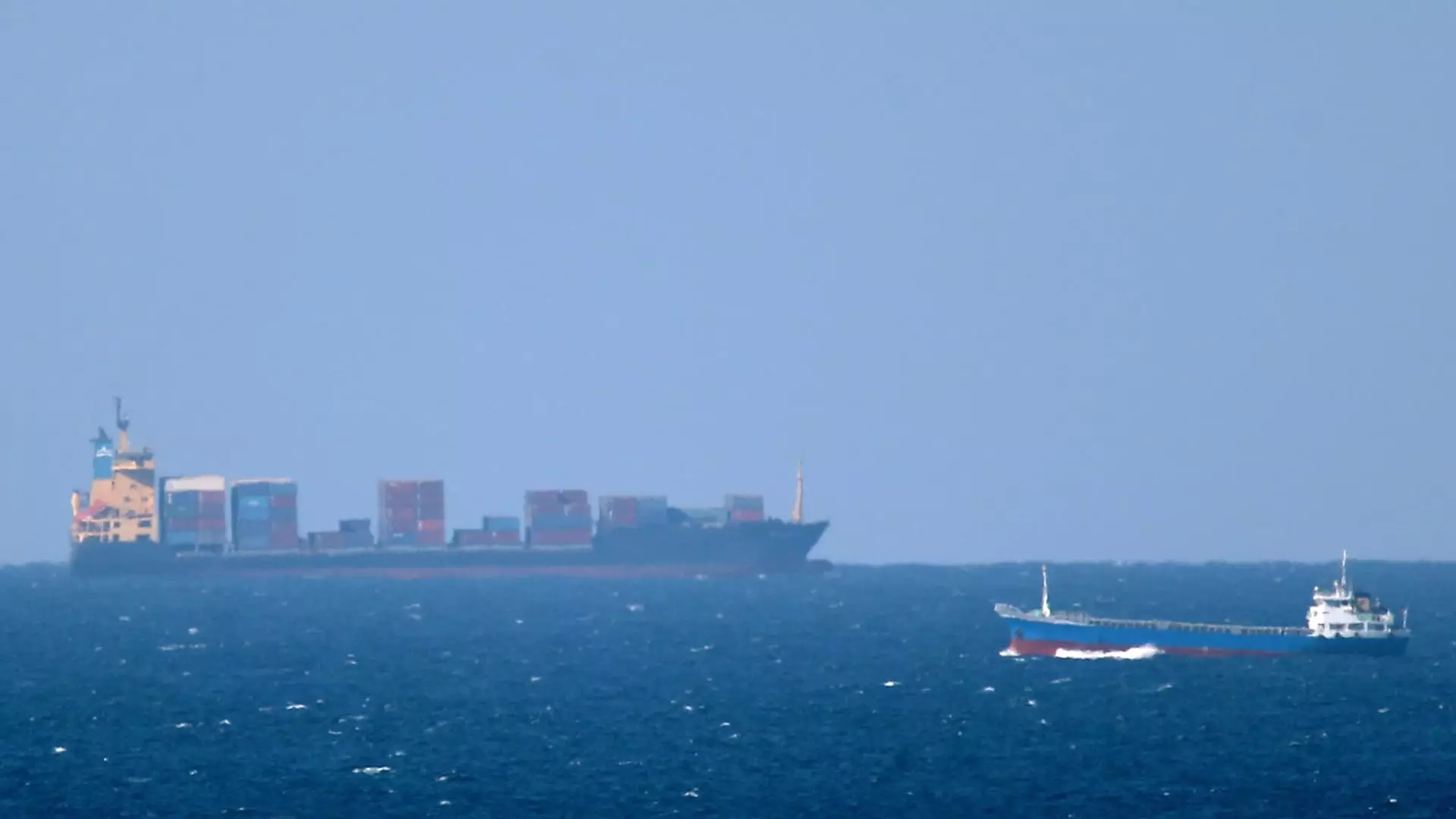The unfolding turmoil in the Middle East, marked by rising tensions and conflicts, would typically send businesses into a cautious retreat. However, recent trends reveal a striking contradiction: Chinese business confidence in the region remains resilient, even buoyant. According to Bear Huo, a prominent figure in a Chinese fintech firm, shipments from China to Dubai’s vital logistics hub are up by an astonishing 20% compared to last year. This surge—fueled by local demand for essential goods—is indicative of a broader strategic pivot by Chinese enterprises towards the Middle East. In an era where traditional markets are rife with uncertainty due to U.S.-China trade tensions, the Middle Eastern region has emerged as a beacon of opportunity for adventurous Chinese investors.
Middle East: A Rising Star for Chinese Investment
Gone are the days when the Middle East was merely viewed through the lens of oil and conflict. This region is now recognized for its burgeoning markets and untapped potential—particularly in sectors like electric vehicles and technology. As Beijing continues to influence geopolitics, its companies have sought new frontiers in trade and investment. Central to this optimism is the belief that, despite the ongoing upheaval, the Middle East possesses unique advantages that align with China’s economic goals. This shift illustrates the growing willingness of Chinese businesses to navigate political minefields, driven by a desire to capitalize on lucrative opportunities while the West remains preoccupied with sanctions and military posturing.
Geopolitical Calculations and Chinese Pragmatism
China’s involvement in mediating diplomatic relations between regional powers like Saudi Arabia and Iran further illustrates this delicate balancing act. While critics might argue that this engagement is fraught with risk, it underscores China’s strategic intent to position itself as a leader in fostering regional stability. The recent sentiment expressed by Huo indicates a guarded optimism—that the tensions involving Iran and Israel will eventually dissipate. This belief is predicated on the relatively contained nature of current conflicts, in stark contrast to broader and more destructive wars, such as the one between Russia and Ukraine.
Yet, while optimism reigns in the business sector, potential pitfalls remain. The Strait of Hormuz, a crucial maritime corridor, poses significant risks, especially concerning trade routes. Slower shipping and limited airline operations are troubling indicators in this chaotic landscape. Furthermore, the chilling effects of U.S. sanctions loom large, shaping not only the interactions between Chinese and Iranian businesses but also influencing broader trade dynamics.
Blind Spots in Strategic Planning
Despite the bullish sentiments from some quarters, it is imperative for Chinese businesses to approach the Middle East with a discerning eye. The lack of clarity regarding post-Dubai product distribution raises questions regarding market strategies and logistical frameworks. Relying heavily on unmonitored channels can lead to substantial vulnerabilities, especially in light of sanctions. As potential punishment looms for businesses that operate within these grey areas, caution is certainly advisable.
Moreover, recent statistics reveal a significant drop in China’s trade with Iran as geopolitical rifts widen. While a more stable Middle Eastern climate would undoubtedly benefit China, one cannot ignore the broader implications of foreign sanctions and the dire need for a concrete exit strategy should the expected flow of business encounter sudden obstacles.
Ambiguous Opportunities and Cautious Optimism
In this tumultuous backdrop, there’s an unsettling notion that a relaxation of U.S. sanctions could open the floodgates for Chinese investment in Iran’s infrastructure and tourism. However, such a scenario is embellished with layers of complexity, asserting that the foundation of optimism is, at best, unstable. Even as enterprises like Mahan Air encourage exploration into Iranian territory, the specter of geopolitical uncertainty casts a long shadow over the potential success of such ventures.
Numerous Chinese citizens’ gratitude for their government’s evacuation efforts reflects societal concerns over safety in conflict-ridden nations. This duality—a yearning for opportunity coupled with the awareness of risks—embodies the current sentiment among businesses looking to tap into one of the globe’s most volatile yet enticing markets.
Navigating this landscape calls for an acknowledgment of not just potential rewards, but also the significant challenges inherent in delving into a region that holds both promise and peril. As China leans into these delicate endeavors, the need for a strategic framework that mitigates risk while harnessing opportunity has never been more critical.

